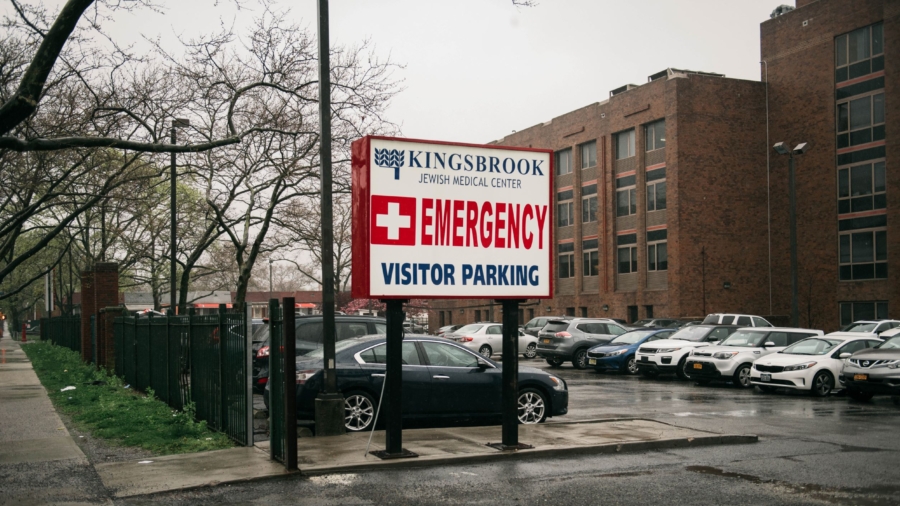A network of three hospitals in Brooklyn, New York, has had to work off paper charts for weeks following a cyberattack on its computer systems in late November, the hospital group’s chief executive told CNN Monday.
The hack affected “clinical applications,” including “those used for imaging and other critical services,” but many of those applications have been restored, One Brooklyn Health CEO LaRay Brown said in an email.
It’s an example of how hacking incidents have continued to hamper hospitals and of how recovering from the hacks can be painstaking and disruptive for hospital staff.
One Brooklyn Health operates Brookdale University Hospital Medical Center, Interfaith Medical Center, and Kingsbrook Jewish Medical Center.
One staff member at Brookdale told the New York Times that, because of the hack, diagnostic imaging at the medical center had to be sent out to a third party provider rather than done in-house.
“No patients were adversely effected,” Brown told CNN in an email Monday, adding that the hospitals remain open to patients. “We continue to provide care for our patients using downtime procedures for which our clinicians and administrators have been trained.”
More than 80 percent of the computer workstations that One Brooklyn Health doctors and staff use to support hospital operations have been restored, Brown said. Hospital administrators have begun putting some clinical data into patients’ electronic medical records, she added.
Brown did not answer questions about whether One Brooklyn Health was dealing with a ransomware attack, which locks up computer systems until a ransom is paid. But plenty of other hospitals across the country have had to deal with such extortion attempts.
One IT administrator at a 100-bed hospital in Florida recounted to CNN how he shut down the facility’s computer systems in January to prevent a ransomware attack from spreading throughout the hospital.
Many hospitals in rural or poor areas do not have the resources to defend their networks from hackers.
“Cyber safety and resilience cannot be allowed to break across socioeconomic lines,” said Joshua Corman, who helped lead a taskforce at the U.S. Cybersecurity and Infrastructure Security Agency to protect coronavirus research from hacking. “The majority of U.S. hospitals are target-rich, but cyber poor.”
The cybersecurity of computer networks that can affect human safety “needs to become a national priority,” said Corman, now a vice president at cybersecurity firm Claroty.
The CNN Wire contributed to this report.


